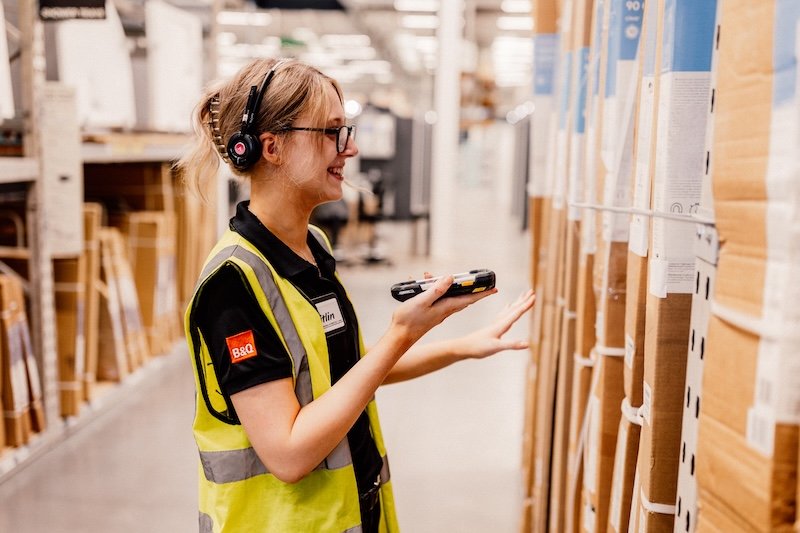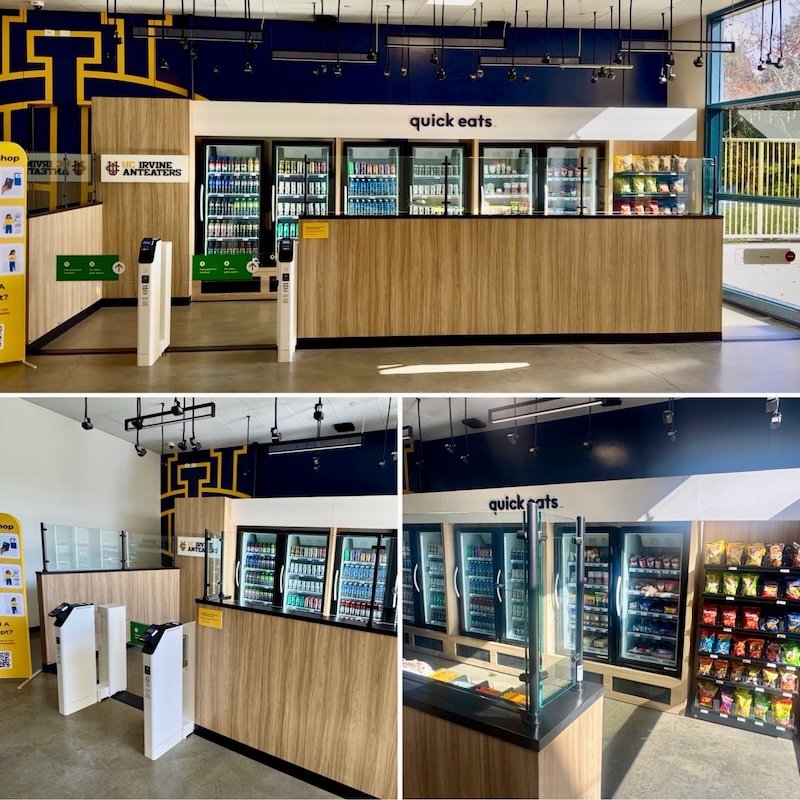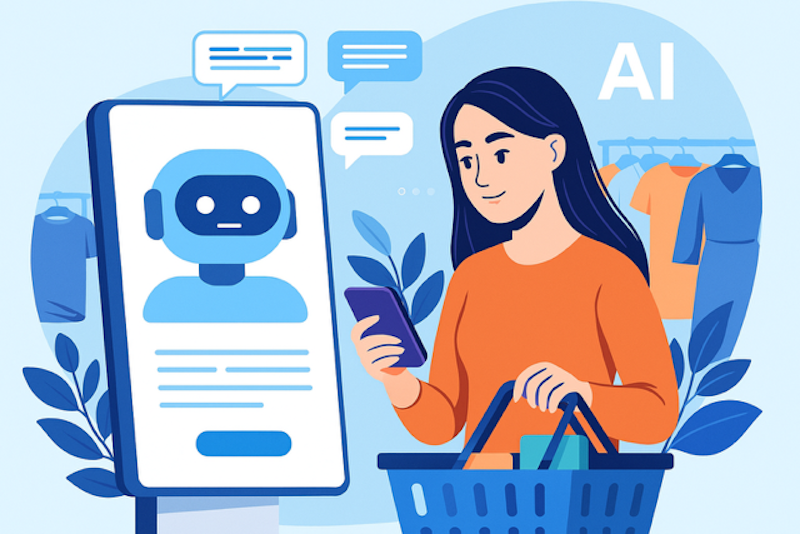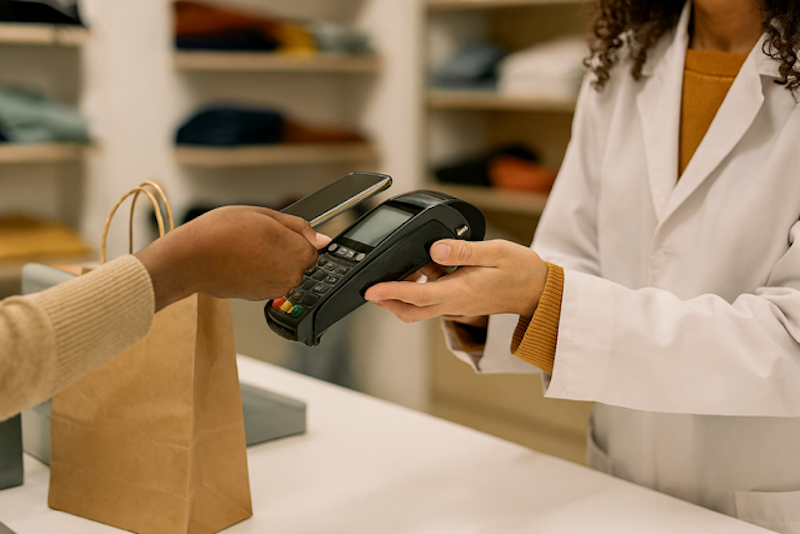Building smarter retail apps: application development tools for omnichannel success
In today’s retail market, projected to reach $31310.6 billion by the end of the year, consumers expect more than just an online or in-store experience; they want a seamless, unified journey across all platforms. This omnichannel approach has become crucial as businesses strive to meet these rising expectations, creating a cohesive shopping environment where digital and physical stores align perfectly.
Successful retailers know they must deliver a smooth transition between platforms, whether a customer starts their experience online, continues in-store, or completes it on a mobile app. However, achieving this fluid connectivity demands sophisticated application development tools that can drive omnichannel success by enabling smart, adaptable solutions.
Omnichannel retail requires more than just connecting various sales channels; it depends on app development tools that can adapt to the nuances of retail. These tools allow retailers to build tailored solutions that bring together all customer touchpoints, ensuring that they remain consistent and relevant.
Without effective applications, retailers may find themselves grappling with fragmented customer experiences and inefficiencies. The starting point to this success is choosing a powerful development environment that meets the omnichannel needs of a modern retailer.
Importance of centralised data access for seamless customer experience
A core element in delivering a successful omnichannel strategy is centralised data access. Customers expect the same experience across every interaction with a brand, which means that inventory details, purchase history, and personalised offers should be accessible no matter where they shop.
For retailers, this requires real-time access to various data sources, including inventory systems, customer profiles, and order histories. With centralised data, retailers can prevent frustrations such as “out of stock” messages, which can quickly disrupt customer satisfaction.
Application development platforms designed for omnichannel success can integrate data from multiple sources into a single interface, helping employees access crucial information quickly and accurately. Retail teams can then use this data to make more informed decisions, whether assisting a customer in finding a product or processing a return across channels.
By implementing solutions that centralise data access, retailers set the stage for consistent, reliable experiences, enhancing customer loyalty.
Customisable interfaces to enhance user engagement
User experience plays a defining role in a retail app’s success. Customisable interfaces allow retailers to create applications that align not only with their brand’s visual identity but also with specific retail workflows.
An adaptable interface can present customers and employees with only the necessary information, improving engagement and making interactions more intuitive. With highly customisable interfaces, retail applications can be tailored to specific scenarios, such as assisting in-store employees with detailed customer information or guiding a user through a seamless mobile checkout.
Custom interfaces also allow for adjustments based on user feedback or evolving customer needs, making it possible to continually improve and refine the app. For example, retailers can adjust the interface to highlight seasonal promotions or adapt the layout for a streamlined browsing experience during high-traffic periods.
With these flexible interfaces, retailers can offer a unique yet consistently high quality experience across their apps, directly impacting engagement and satisfaction.
Leveraging pre-built integrations for faster deployment
In retail, speed is crucial. Quickly launching applications can really benefit a retailer, enabling them to react promptly to spikes in demand, seasonal changes, or shifts in the market. Ready made integrations with well known databases and external services make this much easier, cutting down the time required to link important systems such as payment processors, inventory management, and customer relationship management tools.
These integrations offer a plug-and-play solution, letting retailers skip the time-consuming custom setup and move directly to refining their app’s functionality. For example, a retail app could integrate with an existing CRM, allowing it to pull customer data instantly for personalised marketing efforts.
The reduced deployment time empowers retailers to remain responsive and agile, a critical factor for success in a competitive market where every second counts.
Enhancing security with role-based permissions and SSO
Adopting a multi-channel approach increases access to data, placing a high priority on security.
It’s vital to safeguard sensitive customer and business data, especially when multiple employees need access to different sections of an app. Implementing role-based access lets retailers manage who can see or change sensitive data, ensuring that only authorised staff have access.
Single sign-on integration further strengthens security, allowing team members to access multiple systems with one set of credentials, which reduces password fatigue and minimises potential vulnerabilities. Together, role-based permissions and SSO not only safeguard information but also streamline access for employees, contributing to a secure and efficient working environment.
By integrating these security features, retailers can protect their data while ensuring that their staff can work without interruption.
Adopting the right tools for omnichannel retail success
For retailers tackling multiple sales channels, choosing advanced tools for creating applications is critical. Investing in a versatile and efficient platform for developing apps positions them to meet customer expectations, stay on top of industry shifts, and boost their growth.
The effectiveness of a multi-channel sales strategy hinges on the robustness of the supporting tools - apps designed to fulfil current retail requirements and adapt to future needs.
































Continue reading…